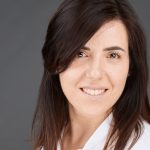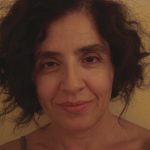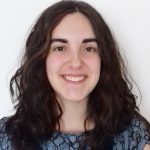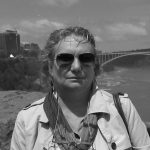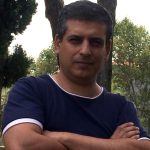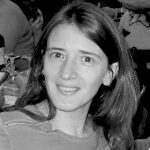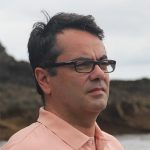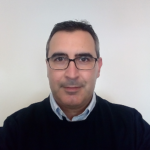Main drive question
How can we advance to improve and personalize cancer diagnosis and its treatment?
Answer
Diagnosis:
- Extracting more meaningful information from images and signals from existing and/or new devices.
- Exploring new feature extraction techniques.
- The goal is to diagnose cancer earlier, more efficiently, with better prognosis and type specification.
Therapy:
- Be more precise, safer (better planning).
- Exploring new techniques (e.g. phototherapy).
Coordinator
Members
- Ana Isabel A. D. Rodrigues Gouveia
- Ana Margarida Mota
- Brígida da Costa Ferreira
- Catarina Pinto Reis
- Daniela Godinho
- Grisel Mora Paula
- Hugo Alexandre Ferreira
- João M. P. Coelho
- Maria Manuela Gaspar
- Matilde Pós-de-Mina Pato
- Nuno Matela
- Paulo Magalhães Martins
- Pedro Almeida
- Rafael Neto Henriques
- Raquel Conceição
- Ricardo Faustino
- Seán Finn
- Tânia Gonçalves
Research projects
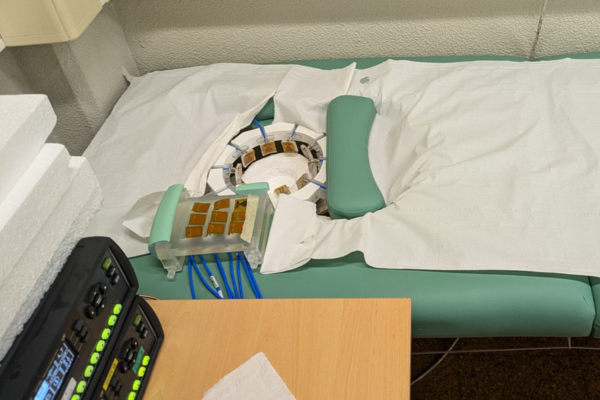
Microwave Imaging for Breast Cancer Diagnosis
Microwave Imaging is an emerging imaging technique based on the dielectric contrast of biological tissues in microwave frequencies. We are developing a new Microwave Imaging prototype for breast cancer diagnosis and staging by imaging the breast and the axillary region.
What do we do? 3D-printing, modelling, electromagnetic simulation, prototyping, signal and image processing, machine learning
Collaborations with: University of Galway (Ireland), Politecnico di Torino (Italy), University of Malta (Malta), McGill University (Canada)
Interested in knowing more about this topic? Contact people: Raquel Conceição, Daniela Godinho
Accepting internships, Masters and PhDs!
Imaging Biomarkers using Advanced Diffusion MRI Sequences
Advanced diffusion MRI sequences provide unique in vivo insights into tissue microstructure. Based on these advanced sequences, we are developing and validating a paradigm-shifting diffusion MRI framework capable of distinguishing key pathological features in tumors and ischemic stroke lesions. This technique integrates state-of-the-art sequence design, advanced data modelling, Monte Carlo simulations, and histological validation.
What do we do? MRI sequence programming, processing and modelling diffusion MRI data with application in stroke and tumors, validation through Monte-Carlo Simulations and histological data
Collaborations with: Champalimaud Foundation (Portugal), Instituto Superior Tecnico (Portugal), University of Trento (Italy).
Interested in knowing more about this topic? Contact people: Rafael Neto Henriques
Accepting internships, Masters and PhDs!


Radiomics and phatomics for prostate cancer
We are working towards developing radiomics and phatomics models to estimate the presence or absence of aggressive prostate cancer in all sub-regions of the prostate, using a combination of manually chosen texture and shape features, as well as features from trained deep learning models using the above framework.
What do we do? signal and image processing, machine learning, deep learning
Collaborations with: Kresk (Portugal)
Interested in knowing more about this topic? Contact people: Raquel Conceição, Seán Finn, Daniela Godinho
Accepting internships and Masters!
Prediction of breast cancer treatment response using deep learning
Given the heterogeneity of breast cancer, predicting treatment response is crucial for delivering personalised care and minimising unnecessary side effects. We are applying deep learning algorithms to predict treatment response based on tumour features and clinical information.
What do we do? image processing, machine learning, deep learning
Collaborations with: University of Cambridge (UK)
Interested in knowing more about this topic? Contact people: Daniela Godinho
Accepting internships and Masters!

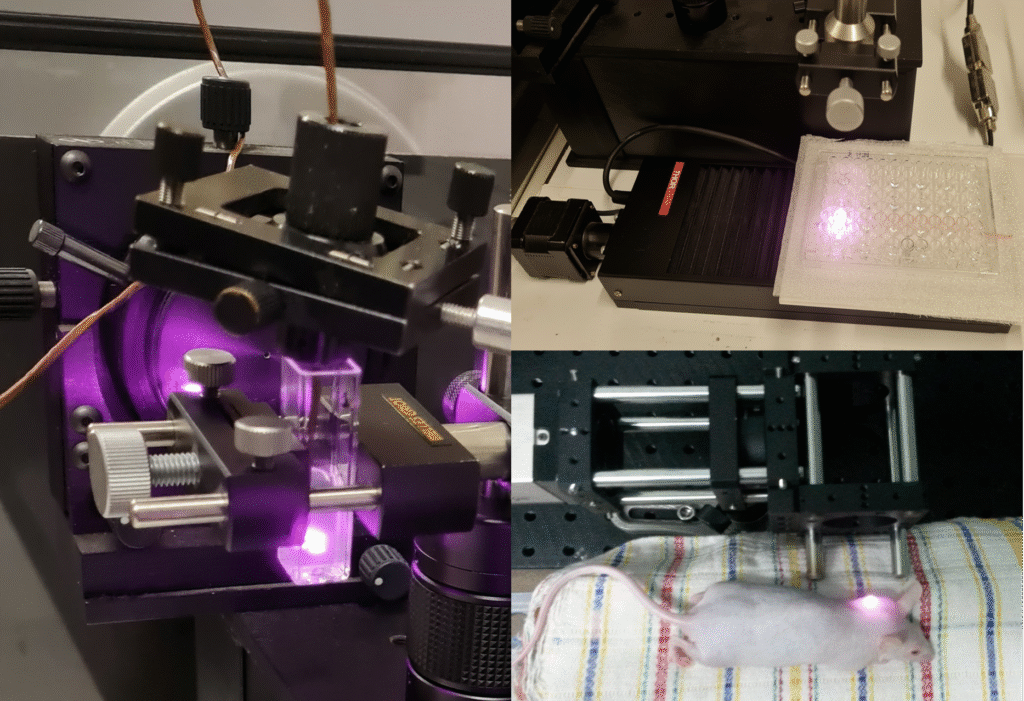
Laser photothermal therapy (mediated by nanoparticles)
Laser photothermal therapy (PTT) is a cancer treatment that uses directed laser light to heat and destroy tumoral cells. Dedicated nanoparticles (NPs) enhance the treatment by absorbing the laser energy and converting it into heat, improving the effectiveness while minimizing damage to surrounding healthy tissues. Our research focuses on the development of the NPs and irradiation strategies, and on its “in vitro” and “in vivo” testing.
What do we do? dose definition, design and implementation of irradiation systems, nanoparticles: design and characterization, thermal efficiency testing of nanosystems, in vitro testing, in vivo testing
Collaborations with: iMed/FFUL (Portugal), FCT/UNL (Portugal)
Interested in knowing more about this topic? Contact people: João M. P. Coelho, Ana Catarina Pinto Reis, Tânia Gonçalves, Maria Manuela Gaspar
Accepting Masters and PhDs!
ROBERTA, Robust Biologically Optimized Radiation Therapy
Biologically Optimized Radiation Therapy uses radiobiological models, describing tissue response to ionizing radiation, to improve the quality of Radiation Therapy. We are developing models and algorithms for biologically optimized inverse treatment planning considering explicitly the uncertainties present during the treatment. With increasingly detailed dose-response models, the effectiveness of new treatment strategies can be tested before these are proposed for clinical trials.
What do we do? radiobiological modelling, software development, treatment planning comparison, assessment of the impact of uncertainties
Collaborations with: INESC Coimbra (Portugal), German Cancer Research Center – DKFZ (Germany)
Interested in knowing more about this topic? Contact people: Brígida Ferreira, Ana Margarida Mota
Accepting internships, Masters and PhD!
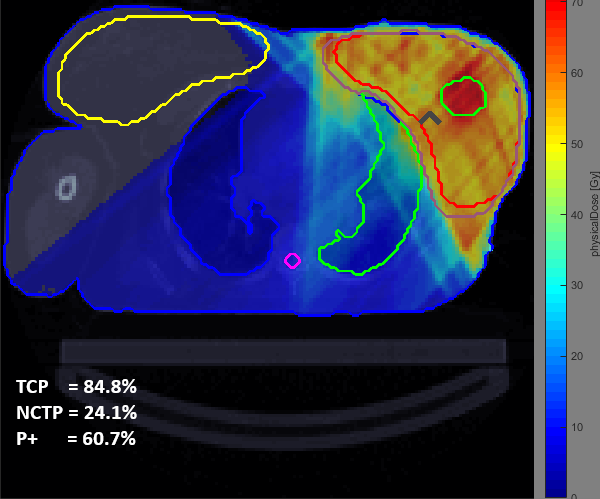
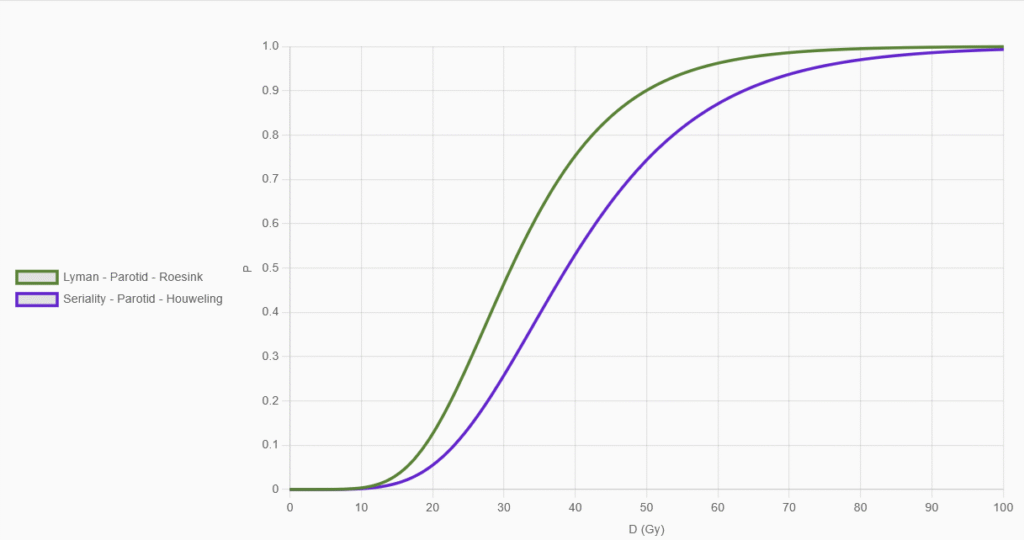
4Radiobiology – An online library of dose-response models
4Radiobiology is an online library of dose–response models that describe tissue responses to ionizing radiation. It was designed to be a knowledge hub in the field of radiobiology, providing tools and resources that enable simple comparison between different radiobiological models. This makes it a valuable resource for research, clinical applications, and education and training.
What do we do? dose–response modeling and analysis, data extraction with manual and automated strategies, website design, development, and optimization
Collaborations with: LASIGE/FCUL (Portugal), Department of Radiation Oncology at Chemnitz Hospital (Germany)
Interested in knowing more about this topic? Contact people: Brígida Ferreira, Daniela Godinho
Accepting internships, Masters and PhD!

